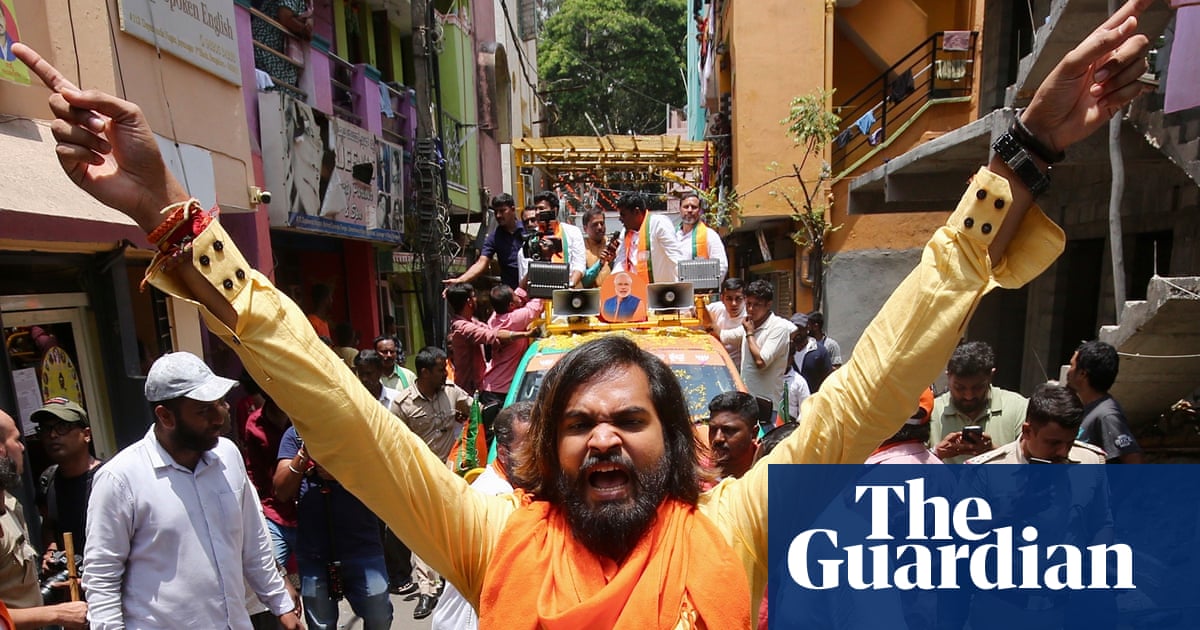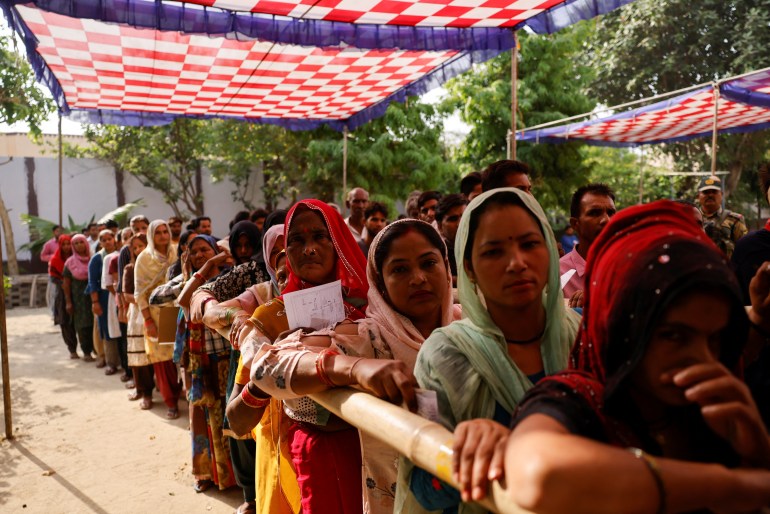
The third phase of India's Lok Sabha elections took place on May 7, 2024, with millions of voters casting their ballots in 93 constituencies across ten states and a Union Territory. The election is being held in seven phases to decide the fate of all 543 seats in the lower house of India's parliament. In this phase, key battles were taking place between Sharad Pawar and Ajit Pawar in Baramati, Maharashtra, and Prime Minister Narendra Modi voted in his home state Gujarat. The turnout for this phase was recorded at 64.4%, according to the Election Commission.
Prime Minister Modi had initially focused on economic progress during his campaign but has recently doubled down on his Hindu nationalism platform, which has raised concerns among minority communities such as Muslims. In a rally in Karnataka, he accused the Indian National Congress party of scheming to 'loot' wealth from Hindus and redistribute it among Muslims.
In Gujarat, Modi voted at a polling booth in Ahmedabad alongside Union Home Minister Amit Shah, Health Minister Mansukh Mandaviya, and Gujarat Chief Minister Bhupendra Patel. The Bharatiya Janata Party (BJP) had won 72 out of the 92 seats that went to polls in Phase 3 in previous elections.
Key battles were taking place in Maharashtra, where Sharad Pawar and Ajit Pawar were vying for the Baramati seat. The election results for this phase are expected on May 13, with counting of votes scheduled for June 4.
The next phase of elections is set to take place on May 13, covering seats in Uttar Pradesh, West Bengal, and other states.




